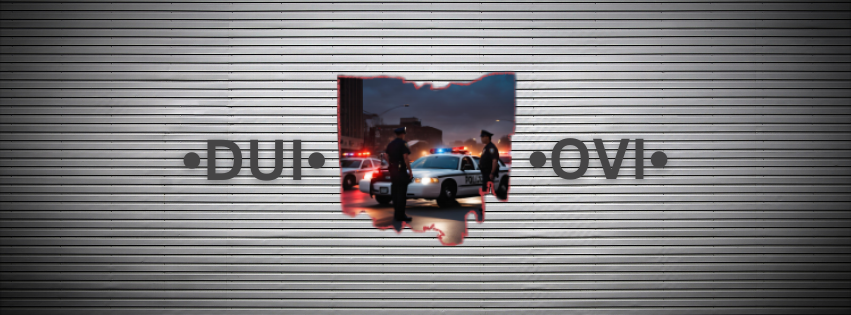Many people believe that if they are innocent of a crime, they have nothing to fear by talking to the police. However, this is not always the case. Even if you are innocent, it is crucial to understand your rights and the potential consequences of talking to the police without an attorney present.
The police can use anything you say against you in court. Even if you are innocent, mistakes or misstatements made during a police interview can build a case against you.
Assume the police do not want to help you
Furthermore, it is crucial to understand that the police are not on your side. They are not there to help you or protect your rights. They are there to gather evidence and build a case against you. Even if you are innocent, they may pressure you into making a statement or signing a confession.
Invoke your Miranda Rights
You might understandably think that not speaking will make you look guilty. According to MirandaRights.org, the best tactic is to tell police that your attorney advised you never to speak without a lawyer present. Hopefully, this lessens the unfavorable treatment you receive for remaining silent.
Be wary of pressure tactics
Another vital thing to consider is that the police may not always be honest with you. They may use deceptive or misleading tactics to obtain a confession. For example, they may tell you that they have evidence against you when they do not or that you will receive a lighter sentence if you cooperate.
In conclusion, even if you are innocent, it is crucial to understand your rights and the potential consequences of talking to the police. Remember that the police are not on your side. They are there to gather evidence and build a case against you.
If you need to hire a lawyer for any reason, feel free to contact Dearie, Fischer & Martinson.





